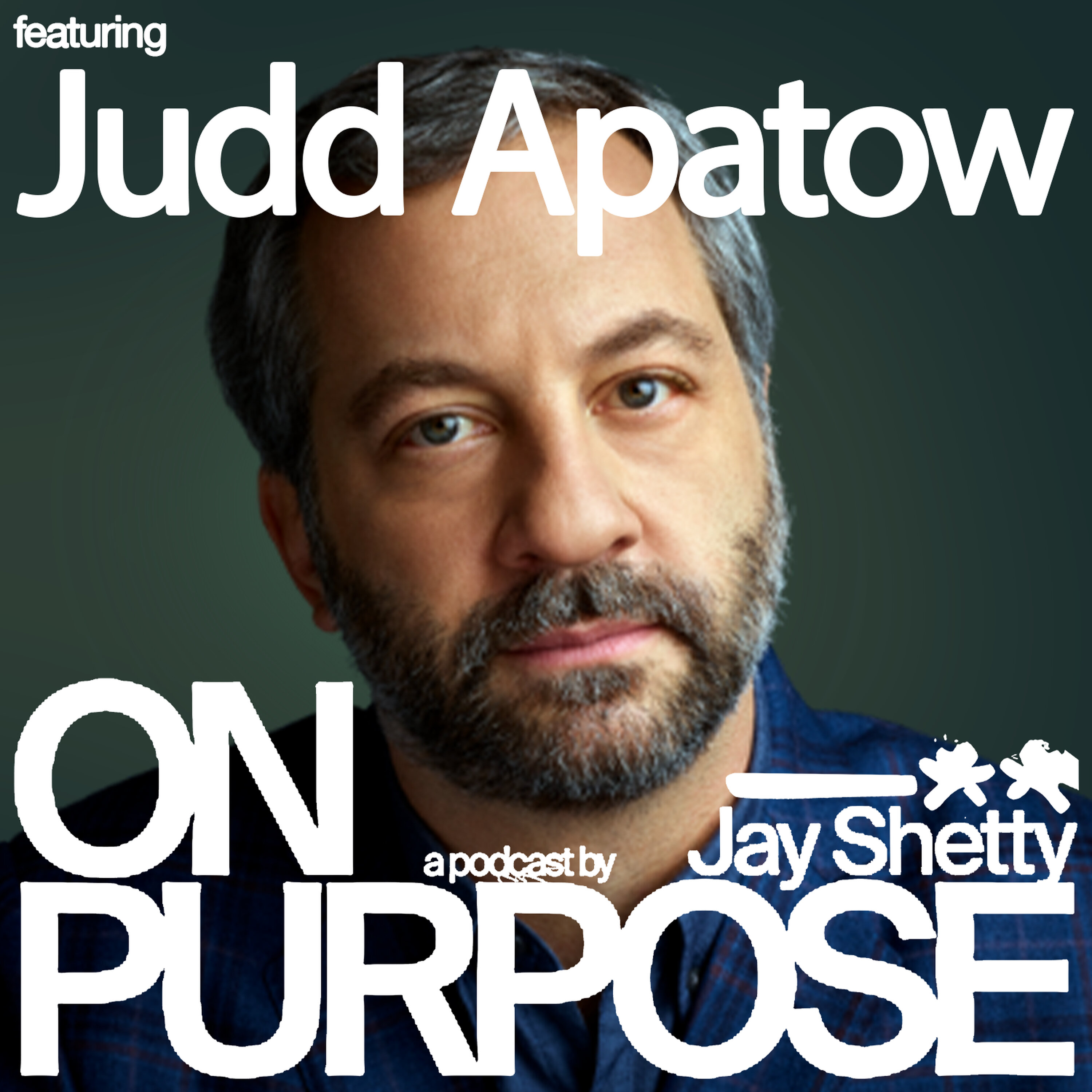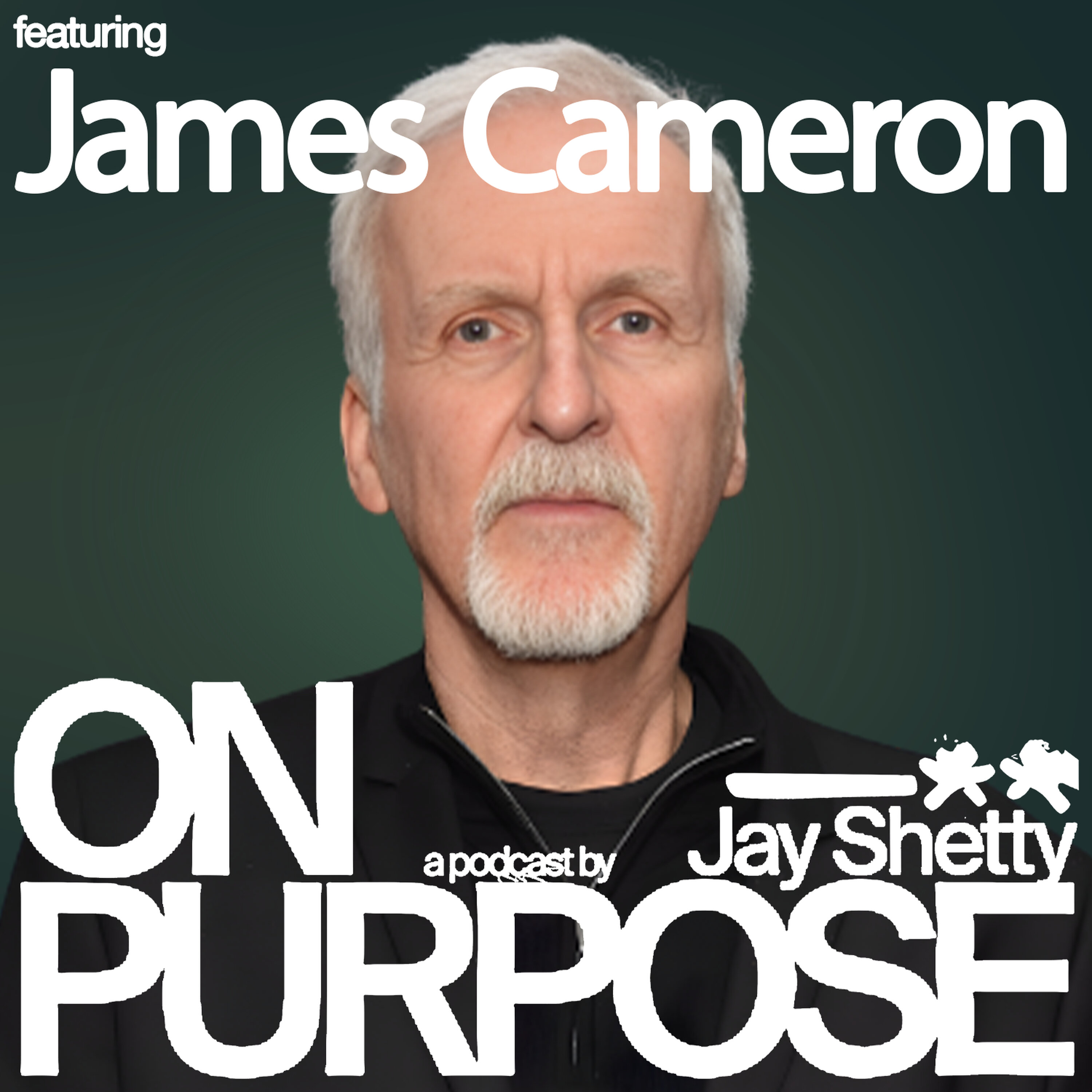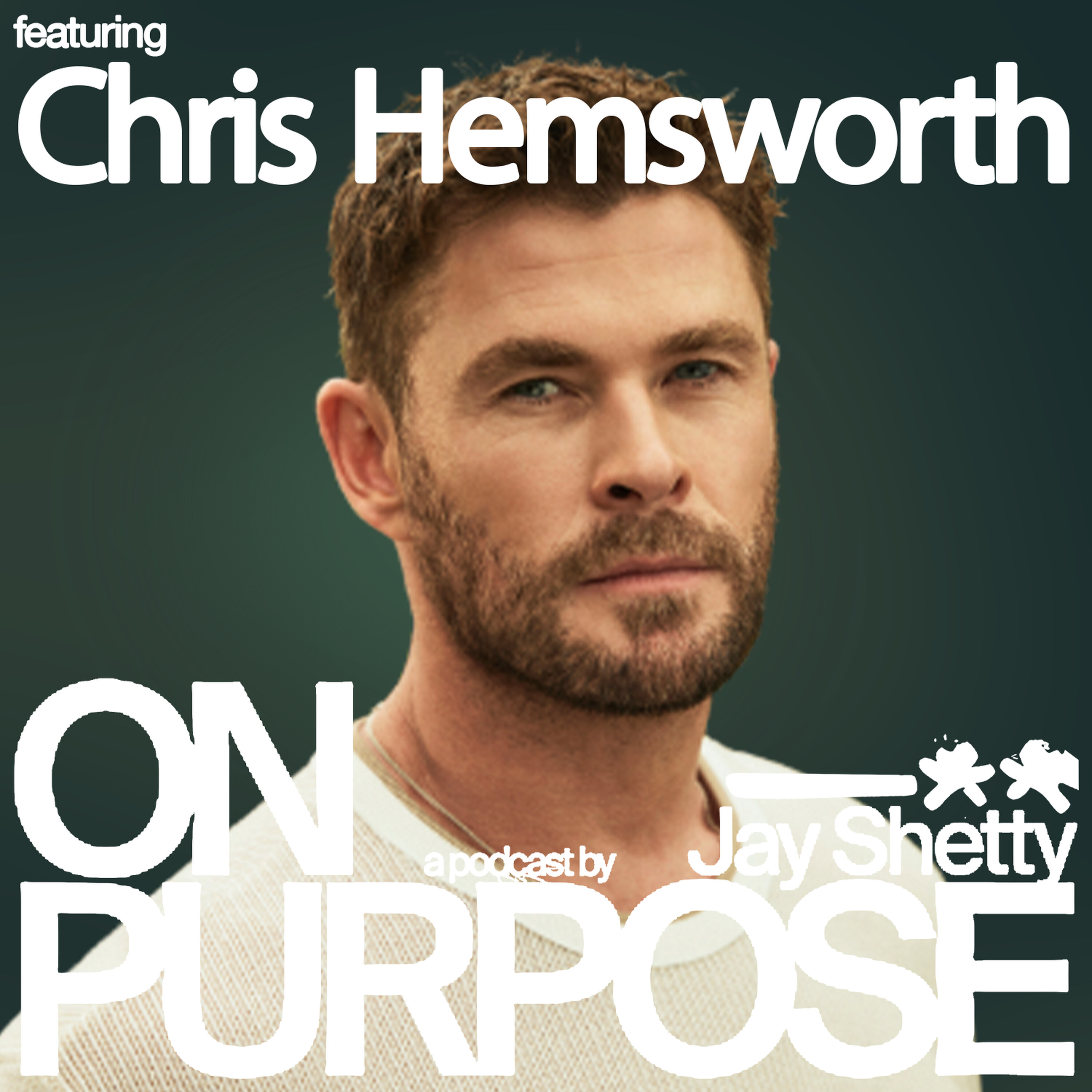Judd Apatow: Fear of Rejection Holding You Back? THIS Trick Will Silence the Inner Critic & Help You Feel Confident to Create
What does rejection feel like to you?
What do you usually do to move past that feeling?
Today, Jay sits down with legendary filmmaker and comedian Judd Apatow for a vulnerable and inspiring conversation on life, creativity, and resilience. Known for shaping modern comedy with films like The 40-Year-Old Virgin and Knocked Up, Judd opens up about the struggles behind the success, sharing how self-doubt, early failures, and rejection shaped him into the storyteller he is today. He reflects on the power of mentorship, the lessons he learned from icons like Gary Shandling, and why finding your voice often requires patience, humility, and a willingness to fail forward.
Together, Jay and Judd explore how comedy can be both healing and revealing, born not just out of joy but often out of pain. Judd talks about the risks he took, the creative experiments that didn’t work, and how those “failures” became stepping stones toward lasting impact. He reveals how therapy, mindfulness, and even family dynamics have influenced his work, and why the most meaningful measure of success is not box office numbers, but whether your work truly connects with people.
In this interview, you'll learn:
How to Find Your Creative Voice
How to Balance Ambition with Presence
How to Use Mentorship to Grow
How to Push Through Self-Doubt
How to Create With Authenticity
How to Learn From Rejection
How to Protect Your Flow State
The setbacks you face today can become the foundation of your greatest breakthroughs tomorrow. Stay patient with the process, stay true to yourself, and keep moving forward with faith that your story has meaning and impact waiting to unfold.
With Love and Gratitude,
Jay Shetty
Join over 750,000 people to receive my most transformative wisdom directly in your inbox every single week with my free newsletter. Subscribe here.
Check out our Apple subscription to unlock bonus content of On Purpose! https://lnk.to/JayShettyPodcast
What We Discuss:
00:00 Intro
01:09 What Made You Laugh Out Loud?
03:52 Raising Children Without Pressure
05:22 Never Limiting a Child’s Potential
08:09 The Most Memorable Interview
09:44 Discovering a Personal Path
10:27 From Fan to Friend
11:58 Running a Show Together
14:24 Growing with Creative Peers
15:58 Why Failure Leads to Success
18:00 The Power of Putting Yourself Out There
20:27 Why Success Takes Time
23:21 Creating Something Original
27:00 A Sliding Doors Moment
28:15 Realizing the Power of Choice
30:22 Becoming Part of Another’s Success
31:40 Confronting Creative Blocks
34:06 Inside a Storyteller’s Mind
35:34 Choosing to Be Part of the Solution
38:00 Taking Creative Risks
40:34 Silencing the Inner Critic
43:27 The Real Formula for Comedy
47:26 The Pitfalls of Mocking Others
48:41 The Promise and Peril of AI
51:39 Letting Go of a Problem-Seeking Mind
54:13 Projecting Childhood Trauma at Work
57:47 Separating Emotions from the Work
01:00:09 Choosing the Right Collaborators
01:02:58 Learning to Lighten Up
01:05:27 What Leads to True Success
01:07:30 The Most Impactful Self-Help Books
01:13:13 The Pain Behind Comedy
01:17:14 Defining True Happiness
01:22:33 Exploring an Ayahuasca Experience
01:24:18 The Secret to a Lasting Marriage
01:28:05 Lessons to Share with Children
01:30:07 Being Direct Yet Constructive
01:31:48 Finding Drama in Good People
01:34:07 Why Mentorship Matters
01:38:09 Judd on Final Five
Episode Resources:
Judd Apatow | Website
Judd Apatow | Instagram
Judd Apatow | Facebook
Sicker in the Head: More Conversations About Life and Comedy
Comedy Nerd: A Lifelong Obsession in Stories and Pictures
See omnystudio.com/listener for privacy information.
Press play and read along
Transcript
Transcript is processing—check back soon.



